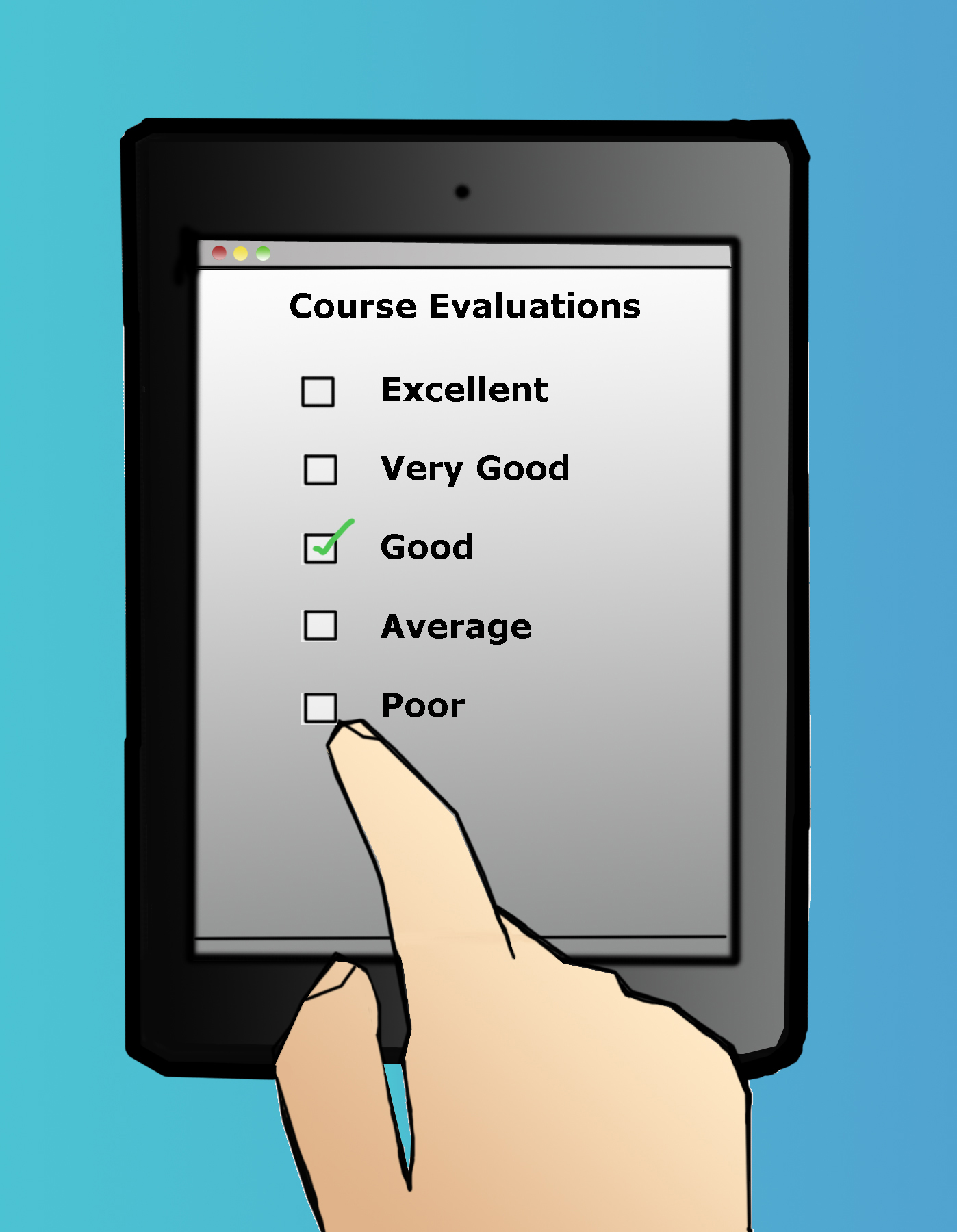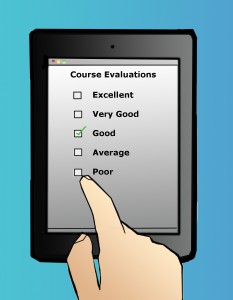Course evaluations to move to online platform

Course evaluations are changing at Wilfrid Laurier University.

Course evaluations are changing at Wilfrid Laurier University.
Coming from the past two consecutive contracts within the part-time and full-time faculty agreement, recommendations were made to change the ways course evaluations took place at the university. From the committee established, the proposed change also recommended when the changes occur, the evaluations should move online.
“One of the reasons for wanting to go online, aside from all of the sustainability reasons, is it’s a much more complicated evaluation form than the previous one,” said Pat Rogers, associate vice-president of teaching and learning at Laurier.
Currently, the process to move online is still in its infant stage. The Senate Committee on University Teaching — which Rogers is a chair on — established two sub-committees in order to better research what changes should be made.
“We wanted to know from students, faculty and teaching assistants what they thought of teaching and course evaluations,” said Rogers. “We wanted to know what the questions for the new evaluations mean to [students].”
Part of the process meant picking software that best suited the needs of the new program. Working with the information and communication technologies department, SCUT went through the process of narrowing down four possibilities to just one.
“We have chosen a software, we have gone back to the Wilfrid Laurier University Faculty Association and said ‘here is the software,’ and asked if we can go ahead with the pilot and they agreed,” Rogers said.
Rogers has started to look at which professors to select to launch the new pilot program.
“I now have a list of people who have been recommended to me who are willing to pilot them and I’m writing to them. We want to pilot this term. The team in the Centre of Teaching Innovation and Excellence is working with the software providers, as well as the IT people to mount this software and get it running.”
Going into the winter term, the hope is to then launch a wider and larger pilot of the program.
Jack Abraham, a second-year economics and financial math student at Laurier, believes the move to online has positives and negatives.
“I think it would open it up to students who don’t attend classes to do it, but at the same time, for those students who do attend class and for everyone in general, there is less pressure to do it,” he said. “I can see it going either way.”
Abraham touched upon the nature of the criticisms some professors at the university might have against the move online — the concern of student participation might drop.
Rogers was aware of this criticism going into the pilot program.
“A lot of faculty are concerned that your participation rate drops. In fact, the research over the years has shown that when you do an online evaluation the participation of students drop,” she explained. “But there are ways to get around that and I have looked at the research.”
One of the things Rogers said the pilot will do to encourage students to fill out the evaluation is a prompt on MyLearningSpace. The system would be “constantly reminding you — not in a putative way — but that course evaluations are important and we want you to do them.”
Looking forward with the pilot, Rogers is happy with the work that has been done thus far.
“The group that has done this work so far has done a really good job. It’s an ongoing process and I’m very excited by the ongoing participation there has been. Let’s hope it works.”

